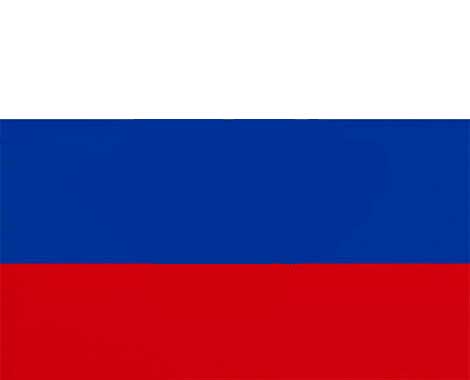I’ve been having mixed feelings about leaving Russia. I fly home to New York City on May 24th, which means that as of right now I only have five full days left here. Honestly I can’t believe how fast time has flown by. When I think about going home I get excited about seeing my family and friends and sleeping in my own bed. The prospect of food that has flavor and/or spice makes me giddy with happiness. So does the thought of being within walking distance of restaurants with any cuisine I want; just one of the perks of being from New York. I’ve already spoken with my parents and asked for them to take me out for Mexican food as well as make a home-cooked steak the first week I’m back.
For the past two weeks or so I was getting pretty comfortable with the idea of going home. I had the position that yes, I’d like to stay in Russia and work on my Russian and see some new sights, but I’d also be just fine going back to the U.S. Now it’s different. I’m not quite sure how it happened. All I know is that I was sitting on a bus with Sarah today and we passed through a section of town that we had never been to before. At that moment it hit me that we were leaving in less than a week. Perhaps that concept had never fully sunk in before.
I thought about it today and I realized that there is still so much of this city that I have yet to even venture into, and there is so much of Russia that I have yet to experience. Who knows when I will be here again? I’m finally comfortable living here, finally settled in. I don’t get nervous anymore when I talk to people. Granted I’m not very good at Russian but I am still able to get by, which I think is a huge improvement. I almost wish I could stay for another term to work on my speaking now that my comprehension skills have drastically improved and I am finally comfortable engaging in basic conversation. I’m worried about losing my Russian when I get home.
I don’t want to say goodbye to some of my friends here, and then there are other people on the program that I wish I had more time to get to know better. I’m worried about going home and finding that my friends have changed, or that they might not like how I’ve changed or won’t be able to relate to me. I’m worried about how my parents will accept me when I come home. They had a difficult enough time with me when I came back after spending six weeks in India. While Indian culture is even further removed from American culture than Russian, I only spent six weeks there while I have spent four months here. After coming back from India I had severe culture shock and ended up completely changing friend groups. I would really prefer not to go through all the messiness of reverse culture shock, but that may be an inevitability. The worst part is when you come home from a long time abroad and people expect you to be exactly the same as when you left, which is impossible. You might not even realize how much you’ve changed, or even that you’ve changed at all until you notice that people don’t want to accept the way you act and start pining for the old you.
I’m nervous about it all. While yes there are people back in the States that I want to see, I’m getting more uncomfortable knowing that I have a flight on Friday. I don’t want to leave Russia yet. I’m not ready.






















